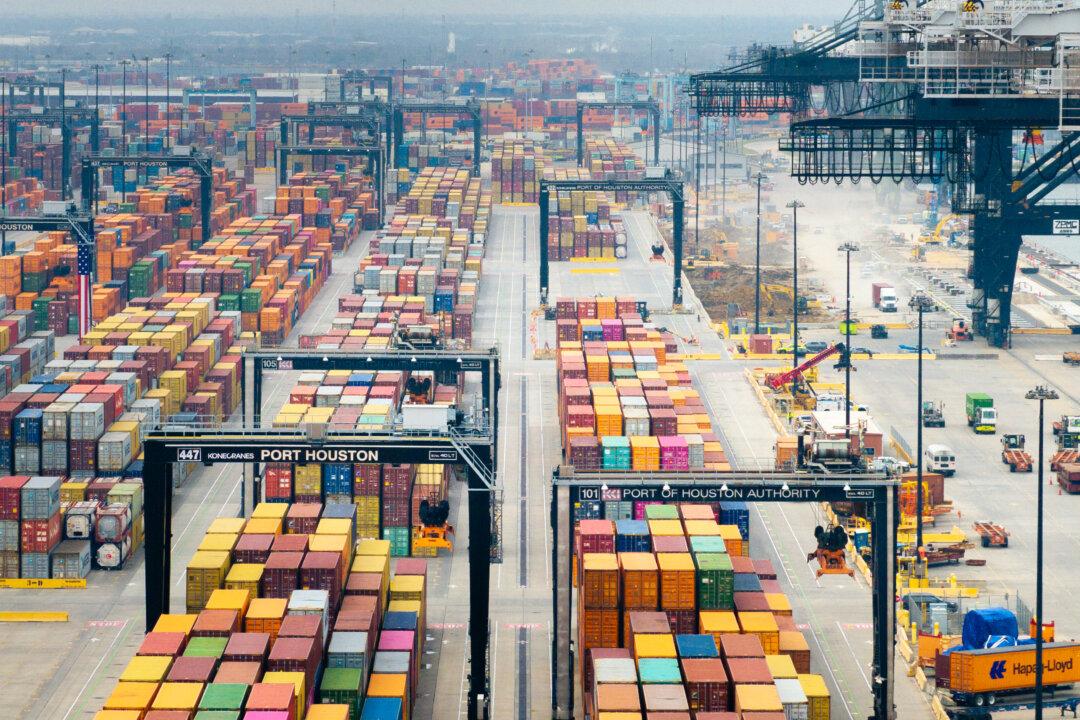Australia will not retaliate if the Trump administration decides to levy 25 percent tariffs on steel or aluminium imports, according to a Labor cabinet minister.
The comments come after the Australian Prime Minister Anthony Albanese spoke with the U.S. president about a possible exemption for the tariffs given the trade surplus the United States has with Australia (about a two to one ratio).





